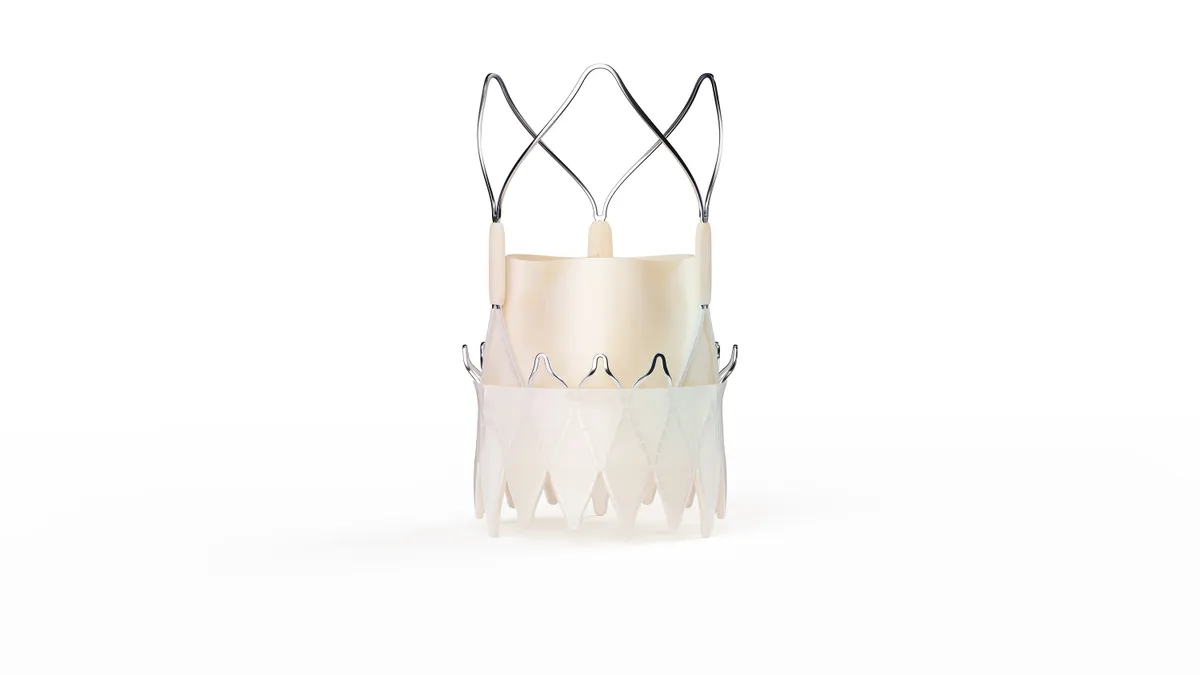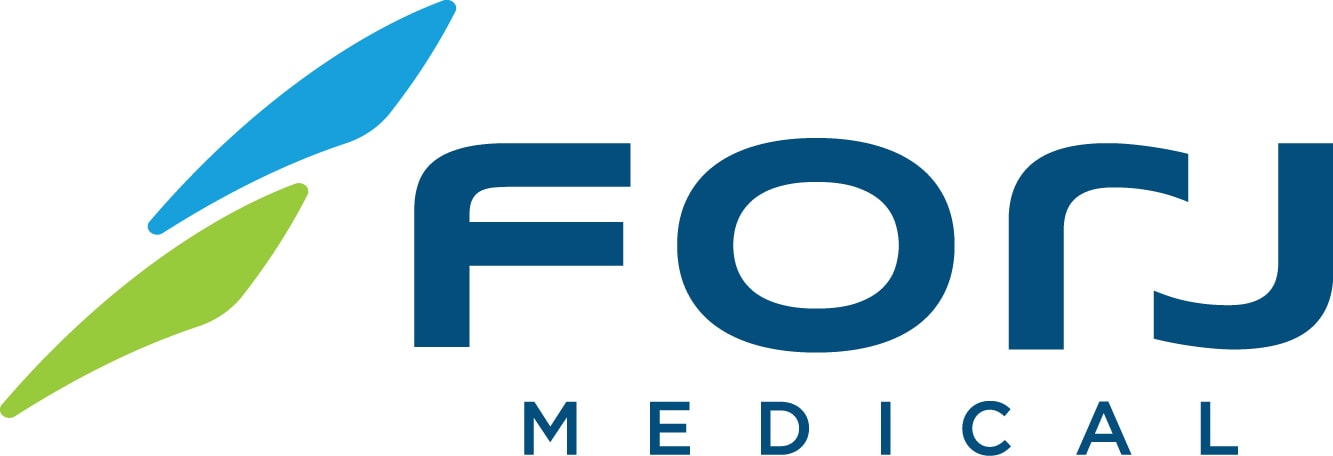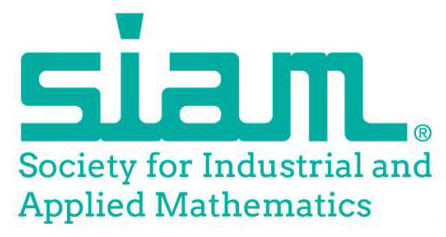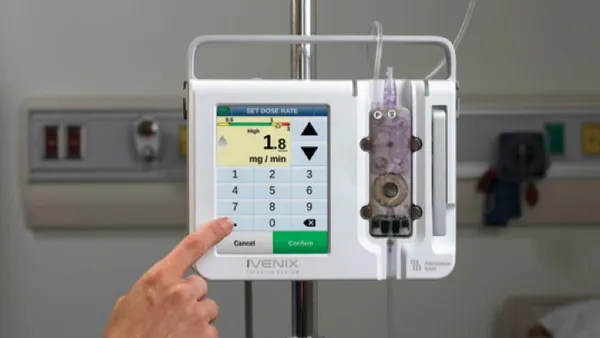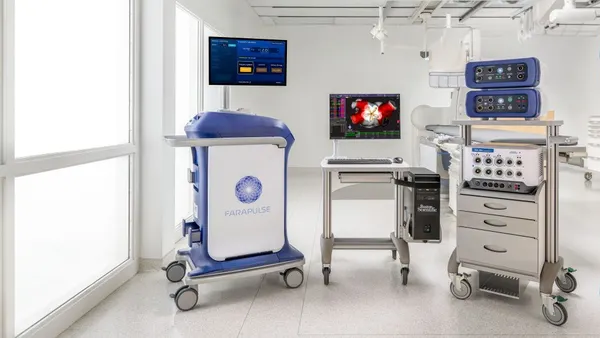Boston Scientific said Wednesday it plans to end worldwide sales of its transcatheter aortic valve replacement systems, citing regulatory hurdles. The company will discontinue its Acurate Neo2 and Acurate Prime TAVR systems, which are sold in Europe, and will not pursue Food and Drug Administration approval for the devices.
Boston Scientific said in a regulatory filing that the decision followed recent discussions with regulators, adding that the products faced increased requirements to maintain approvals in global markets and to obtain approvals in new regions.
The company had told investors the “path to approval in the U.S. was unclear and the approval requirements in Europe would be even greater,” Needham analyst Mike Matson wrote in a research note Wednesday.
The decision followed Boston Scientific missing its primary endpoint in a trial comparing its Acurate Neo2 device to other TAVR systems. The Acurate business brought in about $200 million in sales last year, Matson wrote.
“Given the product’s mixed clinical track record and complicated path to US approval, we’re not surprised by Boston’s choice to discontinue the product and redirect its time, effort, and dollars elsewhere,” J.P. Morgan analyst Robbie Marcus wrote in a research note.
Marcus views the decision as the right strategy for Boston Scientific, even if the company takes a hit in the short term.
J&J shares Monarch robot results
Johnson & Johnson shared results of a study that found the company’s Monarch bronchoscopy robot was able to reach small, peripheral lung nodules in more than 98% of cases. The robotic platform was able to locate and biopsy the nodules with a safety rate comparable to non-robotic bronchoscopy techniques, the company said in a Wednesday announcement.
The TARGET study was published in Chest Journal on April 26 and was sponsored by J&J subsidiary Auris Health. The single-arm trial enrolled 679 people in the U.S., Canada and Hong Kong.
Auris first received FDA clearance for the Monarch robot in 2018. J&J acquired the company a year later for $3.4 billion in cash. A software update for the system, intended to improve accuracy in reaching suspicious nodules, was cleared in March.
Medtronic pulse oximetry tech gets FDA’s STeP designation
Medtronic said Tuesday that a technology it is developing for its pulse oximeters was accepted into the FDA’s Safer Technologies Program. The program is intended to support expedited development, assessment and review of devices that are expected to improve the safety of currently available devices.
Medtronic is developing a technology to integrate patient- and sensor-specific data into oxygen saturation calculations used by its Nellcor pulse oximeters.
Pulse oximeters have faced recent scrutiny by the FDA after studies have shown the devices may be less accurate for people with darker skin pigmentation. The agency issued a draft guidance in January updating testing recommendations for the devices, but it has not yet finalized the guidance.
Last year, Medtronic agreed to provide labels and brochures to California hospital customers about the potential for flawed readings as part of a settlement with Roots Community Health, which sued 13 companies that make or sell pulse oximeters over the risk of disparities in treatment.


